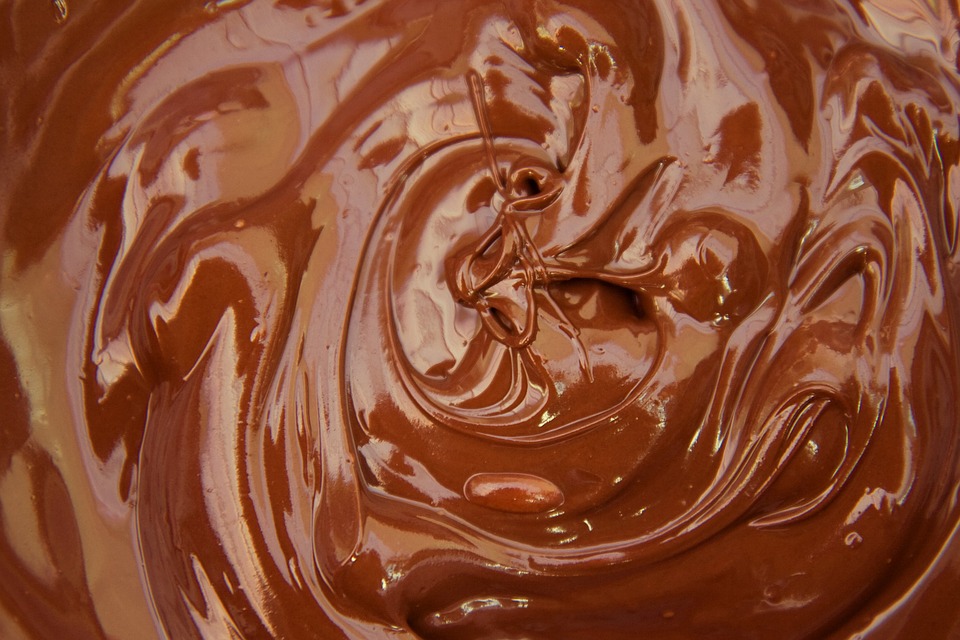The Most Happy, Addictive And Desirable Food Ever!
Whether it’s a celebration, ceremony or an auspicious beginning of an event, chocolate has to be part of it, Chocolate is one of the world’s most loved treats! This food undoubtedly makes us happy and tastes great too, but for some, it remains a sinful yet delectable indulgence much like the twit that is forbidden. However, the real reason why people get happy with chocolate is both chemical and emotional in nature.
Sweet Beginnings
Chocolate consumption goes back at least 4,000 years to the Mexicans, the Mayans, Aztecs and their predecessors, the Olmec. They used roasted cacao beans from the native cacao tree and a drink was prepared from the paste of the roasted beans combined with honey or spices. The Olmecs and Mayans considered chocolate a drink to improve the mood and also as an aphrodisiac.
They were firmly rooted in their beliefs and accredited that the drink possessed a spiritual quality. The people of the Mayan civilization worshipped a God who was the sole God of Cacao and all the sacred, religious ceremonies were incomplete without the chocolate drink, hence, the term, ‘food of the Gods.’
What Makes This Food Wonderful
The feel good aspect of chocolate comes from many of its other ingredients. Firstly, It contains the world’s most widely consumed psychoactive drug called caffeine, which works by counteracting some brain neuro-chemicals resulting in an increase in heart rate and muscle contraction thereby giving a sense of excitement. It also contains dopamine. phenylethylamine and serotonin, all of which are known to enhance mood and promote intense feelings of well-being.
Additionally it contains valeric acid. a mild tranquiliser and relaxant and therefore acts as a stress buster. Also, a recently discovered chocolate molecule anandamide binds to cannabinoid receptors in the brain and produces a mild high similar to that produced by marijuana.
Remember, chocolate does have health benefits with its 300 plus compounds. Importantly, it is packed with antioxidants flavonols. flavonoids that eliminate free radicals in the body which are responsible for damaging DNA. accelerate ageing and contribute to innumerable diseases of the heart, cancer etc. The demonization of the ‘food of gods’ may be attributed to commercial manufacturing of chocolate from the Mid-18th century. While it brought us an array of heavenly tasting treats, it also is responsible for adding more than necessary and potentially unhealthy ingredients such as sugar. full fat cream and milk.
Moderation is the Key
Although marketing of chocolate emphasises on its blissful association, there has been mixed debates over health hazards such as obesity, diabetes and dental problems. Scientific data has suggested that eating ‘dark’ chocolate in moderation has health benefits on the heart, reduces risk of diabetes and obesity. But be mindful of the fact that the unconstrained consumption of large quantities of any energy-rich food, especially milk chocolate over dark chocolate, without a corresponding increase in activity to expend the associated calories, increases susceptibility to weight gain and obesity. Importantly, we do not have conclusive information about just how much of either chocolate is too much.
Cravings And Addiction
Studies on both humans as well as animals show that food especially high in sugar, salt and fat content are biologically addictive. They activate the same reward, pleasure, sell-control. motivation and memory area of the brain as seen alter taking addictive drugs like nicotine, heroin or cocaine.
In addition, these foods also release a pleasure inducing brain chemical called dopamine, which contributes to the activation of the reward pathway and makes the individual wanting to re-experience the same sensation associated with a particular food, thereby contributing to development of associative learning and craving.
Once an individual enters the consumption reward cycle. then this signal from a pleasurable food may even override the signals of fullness and satisfaction, and others signals. such as the need to restrain intake for health reasons (weight reduction or controlling blood sugar in conditions such as diabetes). In other words, a person may be experiencing a sense of compulsion and loss of control. Consequently, individuals keep eating. even when they’re not hungry. In studies of food cravings, chocolate always tops the list of foods people crave for.
Conclusion
Irrespective of the scientific evidence and it associations, indulging in chocolate now and then is unlikely to change. While excesses can be hazardous to health, moderation is fine. On a lighter note, they say money can’t buy happiness but you can buy chocolate and that’s pretty close! And as Charles Schulz said, ‘all you need is love. But a little chocolate now and then doesn’t hurt.’
